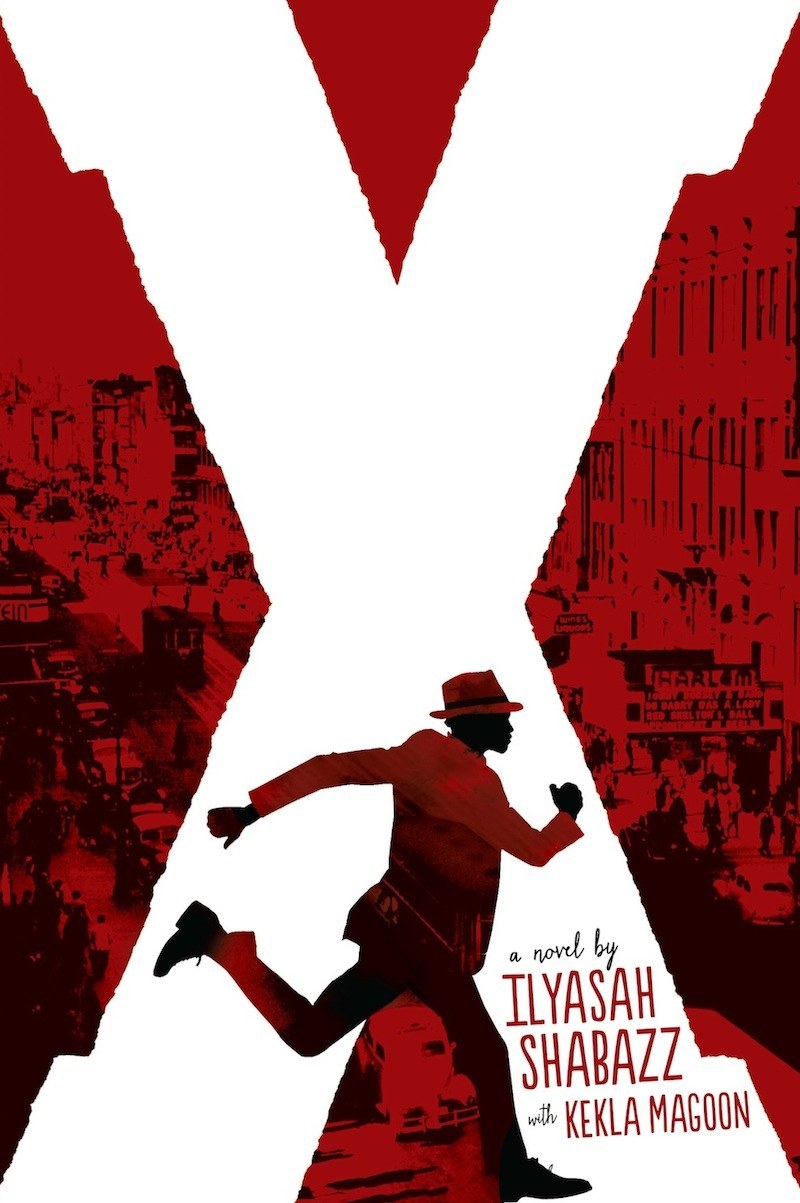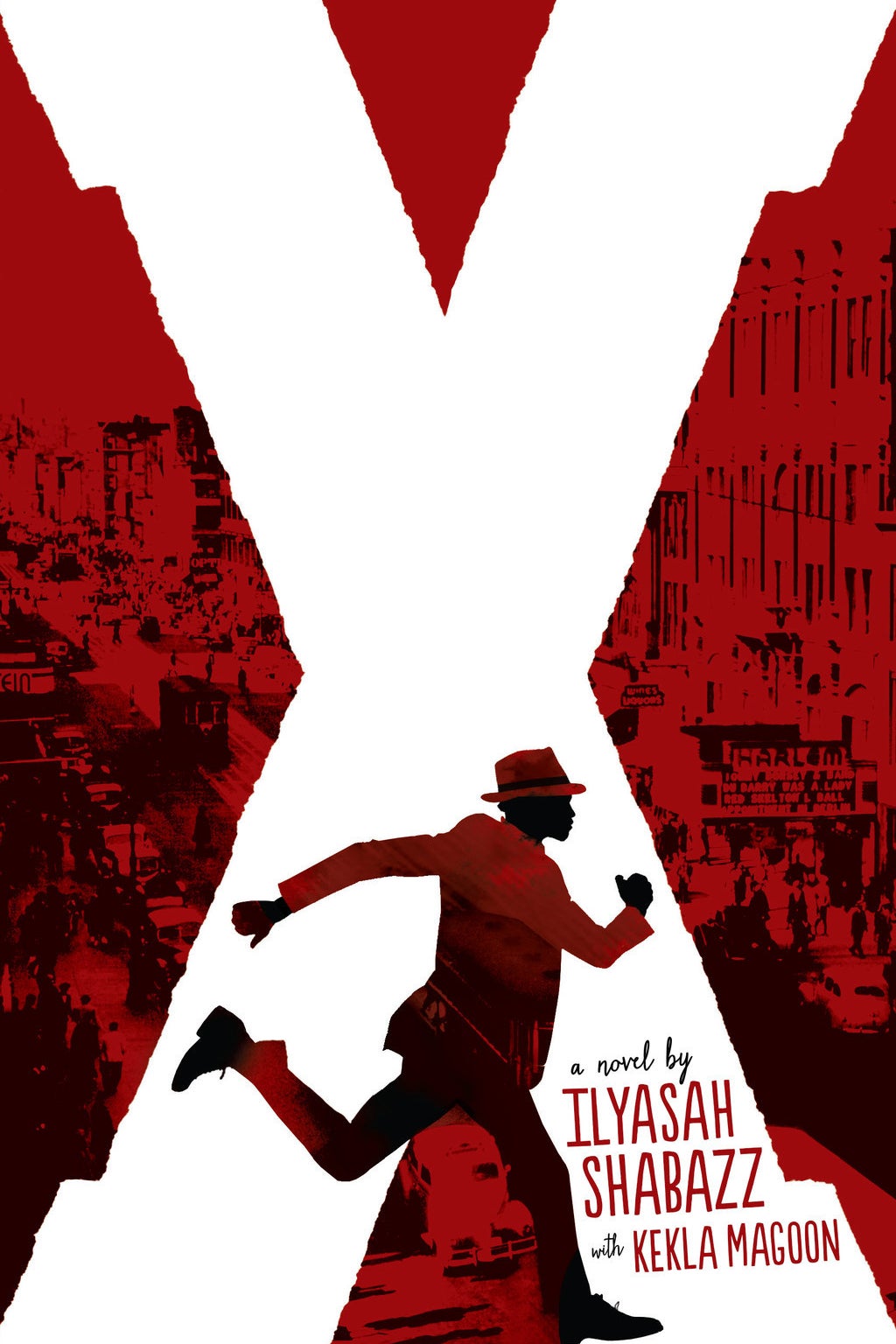
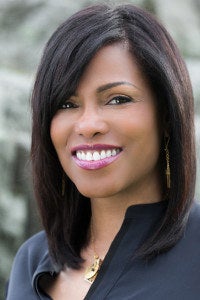
Ilyasah Shabazz, the daughter of civil rights leader Malcolm X, uses the power of her words to accomplish something important to her: taking her father's legacy into her own hands and recording the history of his life. The author has published four titles: Growing Up X, a memoir about her experience growing up as Malcolm X's daughter in the wake of his death; The Diary of Malcolm X: El-Hajj Malik El-Shabazz; and a children's book called Malcolm Little: The Boy Who Grew Up to Become Malcolm X. Most recently, Shabazz co-wrote X: A Novel along with Kekla Magoon, and told the story of her father's life before he became Malcolm X in the format of a young adult novel.
The book follows Malcolm Little's journey from his childhood in the country to his time hustling in the streets of New York and Boston. While The Autobiography of Malcolm X is told by an adult Malcolm reflecting on his life, X is told from the perspective of a young Malcolm, who grapples with his self-worth as society and the state tear his life apart. The novel focuses on the importance of family in shaping the activist and ends moments after Malcolm Little first adopts the name Malcolm X.
BuzzFeed had the chance to talk to Ilyasah Shabazz about X: A Novel and her father's legacy 50 years after he was assassinated. Here's what she had to say:
On the potential of young people:
Why did you want to tell your father's story in the form of a young adult novel?
Ilyasah Shabazz: When you look at my father's life, many people don't realize you have a young man who the world learned of when he was only in his twenties. He was assassinated at 39. That's 12 short years to have made such an enormous impact around the world. So I think a lot of young people don't realize that he was the age they are; he had some challenges in his life as other young people.
On change and young leadership:
What kind of similarities do you think young readers will find between X: A Novel and current events in the states?
IS: I think what we don't realize is ... whenever there was any change, it was begun by young people. This generation got to experience a bit of the challenges that many young people confronted before them. But I think to have so many young people who galvanize — not only in this country, but abroad — that says, "Yes, black lives matter."
On parenting:
What's the role of your father's legacy for other young people who may not have had such strong role models in their lives?
IS: It speaks to the importance of that African proverb that it takes a village to raise a child. For some reason, we've been spoon-fed this notion of pulling ourselves up by our own individual bootstraps. If we take a look around, we see that that does not work. It takes a village to raise a child. Many young men find themselves searching for a father figure, searching for their identity, in pain of not knowing who they are and understanding that they have a purpose in life. Sometimes these young people, whether they are young men or young women, who don't believe they're worthy of a quality education, of a quality lifestyle — sometimes they participate in self-destructive decisions instead of going to school, learning in school, making a difference, and giving something back to society.
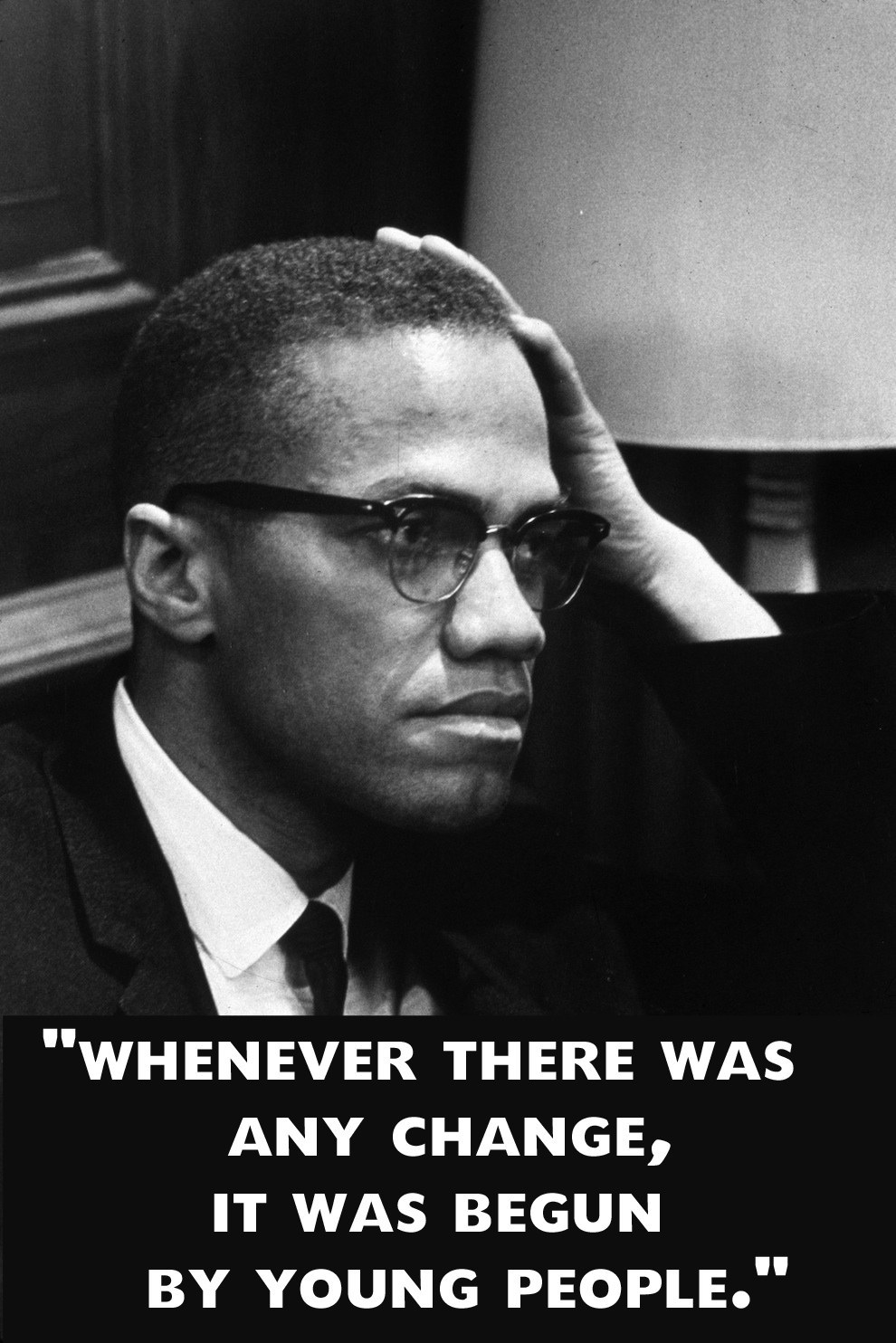
On the recent murders of Trayvon Martin and Michael Brown:
We're curious about how the deaths of Trayvon Martin, Michael Brown, and countless other young black men who have died have affected the process writing this book for you.
IS: Young people are being killed everywhere, all the time. It's unfortunate. According to the FBI crime report statistics of 2011, half of the killings are done by young people between the ages of, I think, 11 and 18 or somewhere in that age range. And so it says that the adults around our young people have to take responsibility and we have to make sure that they are being taught properly. We have to teach them better. If we don't like something young people are doing, we have to take responsibility.
On religion and the importance of seeing yourself reflected:
In the novel, Malcolm is at a place where he says he doesn't feel the presence of God. Do you think this is common for people in the desperate situations Malcolm was in growing up?
IS: From the perspective of a young African-American, when you go to church and see all these stained-glass pictures, which are supposed to be excerpts from the Bible passages and reflections of these Biblical figures, but nothing looks like you and you don't see yourself, you're not understanding what the passages are. It speaks to the importance of diversity. It speaks to the importance of accurate historical information.
On religion's role in social change:
In the Autobiography and in a lot of interviews, Malcolm talks about how Islam was the solution to America's color problem. Do you think Islam is still an effective tool for the uplift of black folk and for addressing racial inequality in America?
IS: Of course I think so. What is the culture that's underneath these different Islamic organizations? Religion and so forth? The same with the cultures underneath the Christian people who are doing different things throughout the world. So I think it's not so much that the religion is doing something as it is the culture of a particular area is doing something and how they interpret whatever it is they're doing.
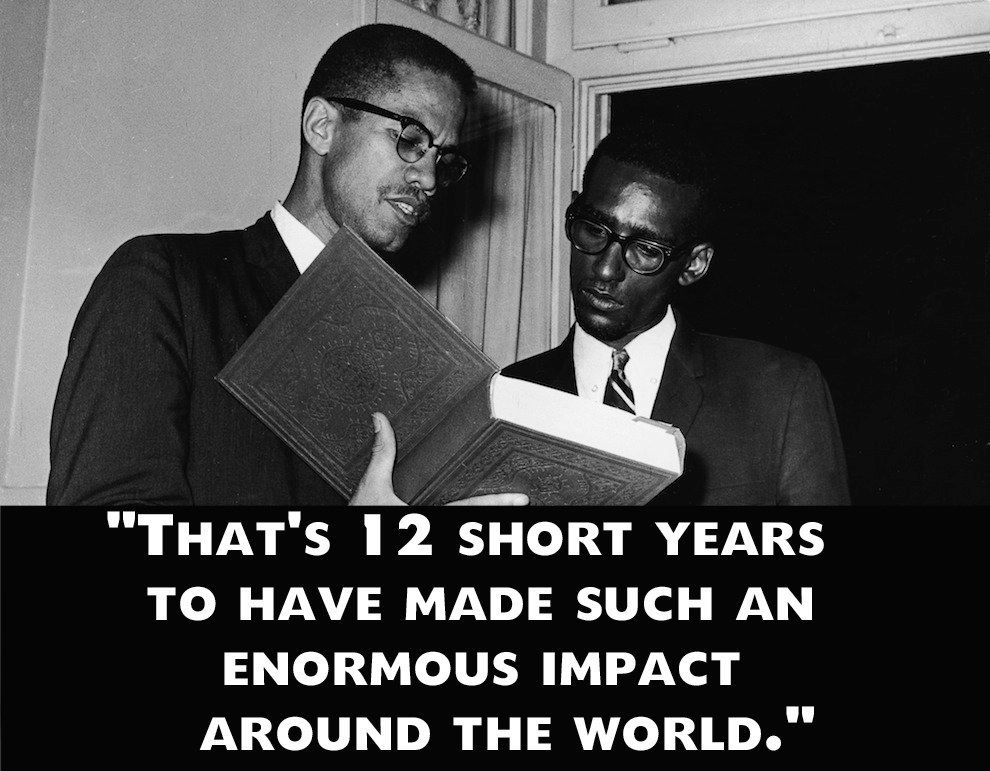
On unity:
How can different people of color groups work together specifically on issues of inequality?
IS: Basically my father said we are brothers and sisters under the fatherhood of God. Are we going to focus on religion? Are we going to focus on gender? What are we focusing on? Who's going to determine why this group is doing whatever it is they're doing?
On her family's history of social activism:
Which characters from X: A Novel did you know in real life? How did that influence your depiction of them in the novel?
IS: The book is basically historical fiction for the most part, most of the story is true. The details of course, we took creative liberties with. Malcolm's father was the president of the Milwaukee chapter of the Universal Negro Improvement Association, which commanded millions of followers under Marcus Garvey. So his father was killed because he bought land that was reserved for whites only. Because he was an activist in the community, their home was burnt down. The mother was eventually sent to an institution and his siblings and family were dismantled. It was unfortunate that his father was killed by the KKK splinter group, the Black Legion, that his mother was put into an institution a few years later, and that his siblings were separated. That structure was dismantled that would allow a young boy to go into society and become whomever it is they say black boys are. But that fortunately he could come back to the foundation that was provided for him, which he was born into, and become this great man, this iconic figure who would circle the globe in the final days of his life, searching for solutions to the human condition. That would allow anyone to live in an unjust manner.
On the importance of adults on young people:
What do you hope readers take away from this version of Malcolm compared to others they've seen in other kinds of media or even the Autobiography?
IS: We are all born young, impressionable children and ... whomever it is we become is basically due to the adults around us. So it speaks to the role of adults, but it also speaks to the role of the young person, that whatever it is that they want to do in life, they understand they have the capability to do that. You saw Malcolm's many challenges that he endured during his adolescent years; he did not find himself worthy of continuing his education because his teacher told him, "Listen, you can't be anything but the n-word." So that pain that we often find ourselves in leads to sometimes self-destructive decisions and choices that we make for ourselves. And they could look at Malcolm and fast forward to the time that he was leaving jail, [when] he's made some solid decisions for himself, and they could avoid the years of poor decision-making, of that pain, and self-destructive behavior, and start investing in themselves.
X: A Novel by Ilyasah Shabazz and Kekla Magoon is on sale now.
